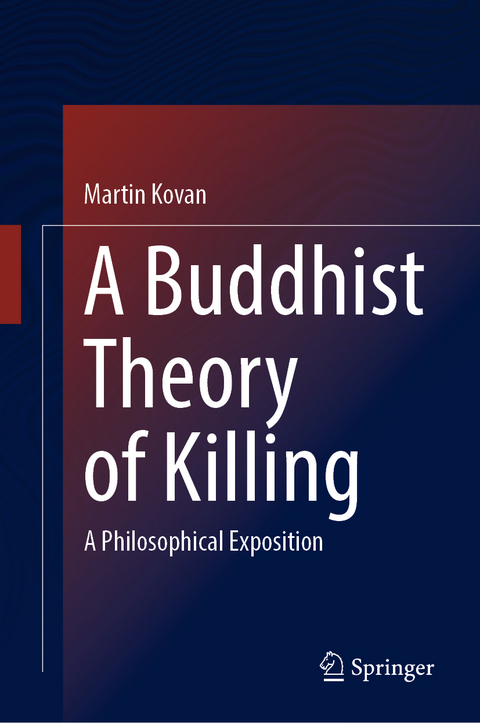
A Buddhist Theory of Killing
Springer Verlag, Singapore
978-981-19-2440-8 (ISBN)
Martin Kovan graduated with a PhD. (Philosophy) at University of Melbourne in 2020. He has held exchange and visiting scholar positions at the National University of Singapore (Singapore), UC Davis (Davis, California), Mahidol University (Bangkok) and the Vrije Universiteit (Amsterdam). He also holds an M.Phil. in Buddhist Studies (University of Queensland, 2009) and an M.A. in English Literature (University of Sydney, 2003). He has lived and worked in France, India and Southeast Asia and has for over twenty years studied and practised in the (Gelug) Tibetan Buddhist tradition in Australia, India, the USA, UK and France.
Chapter 1. General Introduction.- Part 1. Foundations: The Nature of the Problem.- Chapter 2. Introduction: Text and tradition: an overview of sources.- Chapter 3. Canonical Buddhist discourse on killing.- Chapter 4. Interpreting the precept: evaluative criteria in the Theravāda.- Chapter 5. Mahāyāna exceptionalism and the lethal act.- Chapter 6. Affect and cognition: unwholesome consciousness, hatred, wrong view, and delusion.- Chapter 7. Buddhist personhood and a doxastic rationale for killing.- Part 2. Constructions: The Nature of the Act.- Chapter 8. Critique of the conventional: the cessation of volition and Buddhist dualism of the person.- Chapter 9. Constituting the other: the conventional identity of persons.- Chapter 10. Persons as the objects of lethal justice.- Chapter 11. Killing and oblivion: the obviation of suffering.- Chapter 12. Representational persons: identity as the object of killing.- Chapter 13. Conclusion: Buddhist violence, self-defence, and the end of life.
| Erscheinungsdatum | 23.06.2022 |
|---|---|
| Zusatzinfo | 1 Illustrations, black and white; XXII, 254 p. 1 illus. |
| Verlagsort | Singapore |
| Sprache | englisch |
| Maße | 155 x 235 mm |
| Themenwelt | Geisteswissenschaften ► Philosophie ► Ethik |
| Geisteswissenschaften ► Philosophie ► Östliche Philosophie | |
| Geisteswissenschaften ► Religion / Theologie ► Buddhismus | |
| ISBN-10 | 981-19-2440-6 / 9811924406 |
| ISBN-13 | 978-981-19-2440-8 / 9789811924408 |
| Zustand | Neuware |
| Haben Sie eine Frage zum Produkt? |
aus dem Bereich


